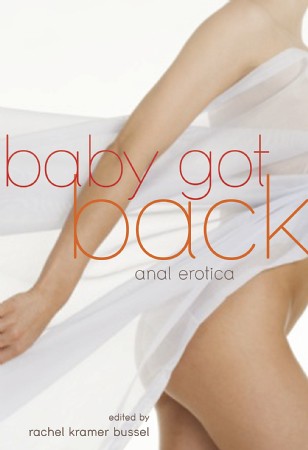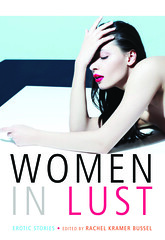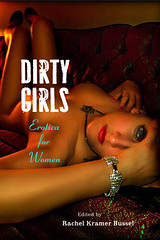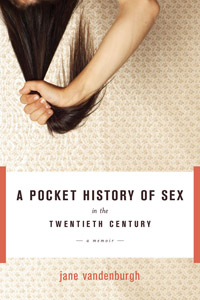Publicity is surreal, kindof like life
More fodder for my mini memoir...Tuesday is my 7-year job anniversary and 11-year apartment anniversary, and I moved to NYC in August 1996, which I still remember so clearly. I often have little clue how I got here, or even where "here" is and whether I like it or not. I'm reading Ellen Meister's novel The Other Life about a woman who can enter portals and visit herself in her alternative lives, one in which she doesn't have kids, one in which her mother is alive, and the questions it poses are fascinating. I bought it after reading her interview with Susan Henderson at The Nervous Breakdown. Who would we be if we hadn't made the choices we have, and if we were given numerous opportunities to toss away this life in favor for the road not taken, would we seize them? I'm not a character in a novel so I don't spend too much time pondering the paths I didn't take, just trying to make the best of this one. I'm attempting to tell "the" story (really "a" story) of how I got here in a mini memoir that I hope a major company wants to publish...we shall see, like with so many of the things I'm working on. No guarantees, but I'm trying to love the process. If it winds up being for sale, I will be sure to let you know. I'm not holding my breath, but I do hope it gets out there because it's been interesting to work on and try to figure out what I gave up and how I stumbled into doing the various things I do now and tackle things like hate mail, my misconceptions of the idea of what a "sex writer" is and what I love about writing and the creative process.
I snail mailed two stories recently as submissions to Zane's Chocolate Flava 3 anthology, and realizing that I needed to trim words to make the 3,500-word cutoff, and that I was actually really proud of the ways I'd tackled the subject, was a revelation. Lately writing has been, well, largely a chore, a task, a hurdle. Not fun in the least, and if it's all like that, I have to ask myself, why bother? Actually putting in the time and sending off those stories and making sure they were as good as I could make them, and accepting that "as good as I could make them" isn't the same as perfect or even good by anyone else's standards, but is literally the best I could do, made me feel a sliver of what I remember loving about writing.
I still do this horrible thing where I tell myself that what I've written sucks because it's not how someone else would've written it, and that's a self-fulfilling prophecy to never getting anything published right there. It's what I've done umpteen times, and the fact is, no, what I write is not going to be what someone else might've written, but that doesn't necessarily mean it's "better" or "worse." I should know after combing through thousands of stories for my anthologies that it's all subjective. Of course it is, yet that's so easy to forget when I feel doubts. So now I'm trying to just tune out all the other noise and focus on doing the best I can. It's meant cutting out dating and sex (until November0, and to a large degree, cutting way back on my social life and spending a lot of time alone which can be, yes, lonely. But it took me so many years of fucking around and accomplishing very little to realize that the things I want take time to accomplish, that I have to fight and push myself and slog it out to actually be able to be proud of myself. That doesn't happen by trying to go to every event and be supportive of everyone else's art and shove mine into those spare minutes here and there.
I struggle with that because I want more than anything to be a good creative citizen, to share with other people the art that moves me, and I do that, to the best of my ability. But there does come a point, and I think it's exacerbated in a city like New York, where you are pulled in so many directions that it can feel suffocating. It makes me long to move somewhere far, far away, somewhere far, far quieter, to lead a very different kind of life. And maybe if I can ever afford that, I will. I'm slowly starting to fall out of love with New York, certainly with the way I've lived here for most of my time here. This past week my body simply shut down and told me it couldn't hack that lifestyle. So I'm turning more inward and I find that, much as I hate myself a lot of the time, I like myself a good deal of the time, too, and even if I don't, I'm stuck with myself, and instead of turning outward, instead of constantly looking to other people who I think are smarter/cooler/sexier/better than me to give me a little of that validation, I need to find it somewhere inside. And if I can't today, I just have to hope I can work toward being that person who can tomorrow.
I really feel like I left this other person behind when I decided to take this sex and dating sabbatical. It was sortof decided on a whim, but it's not just about my actions, but my thoughts. I left a lot of baggage behind when I made that decision and maybe I should've done it ages ago, but I didn't, and I definitely learned a lot about myself, especially in the last three years of dating. I'm trying not to become a total hermit and still get out and about (theater recommendation: Saving Tania's Privates at NYC's FRIGID Festival - really fucking amazing, bold, hilarious take on having breast cancer, twice) but not feel guilty for turning down any invitations. It's selfish, yes, but it's also the only way I'm going to wake up in the morning and not feel total dread, which is happening less and less, but shouldn't be happening at all.
In the meantime, was very surreal for my great-aunt to say, "I'm sure you saw your blog in The New York Times." Um, no, I hadn't...I really have to laugh, mostly at myself, at the audacity of hiring a publicist and the inane maxim "sex sells" when my cupcake blog, which I do nothing to promote, gets press without us lifting a finger. So yay cupcakes, yay randomness, yay for the surreal, and yay for just keeping on plugging, even on the bad days.
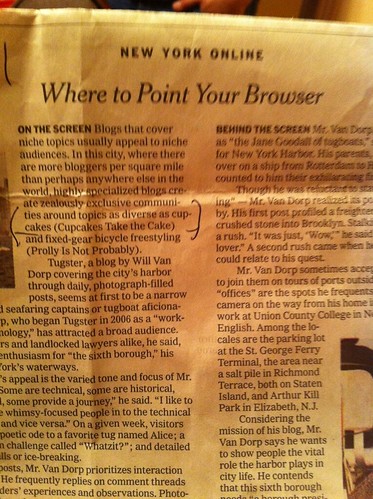
Labels: Cupcakes Take the Cake, New York Times, surreal life, Susan Henderson, The Nervous Breakdown














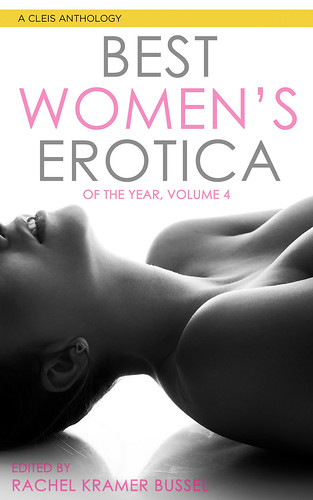

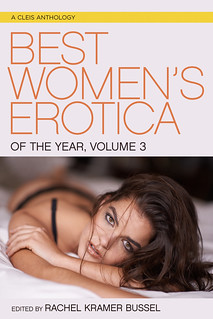






 The Big Book of Submission: 69 Kinky Tales
The Big Book of Submission: 69 Kinky Tales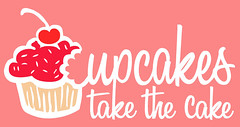
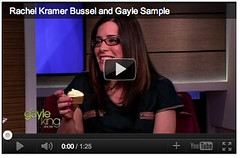

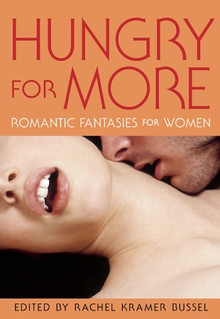

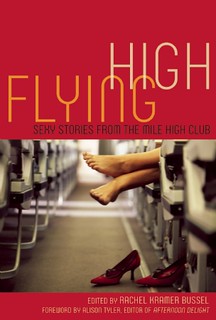 Flying High: Sexy Stories from the Mile High Club
Flying High: Sexy Stories from the Mile High Club
